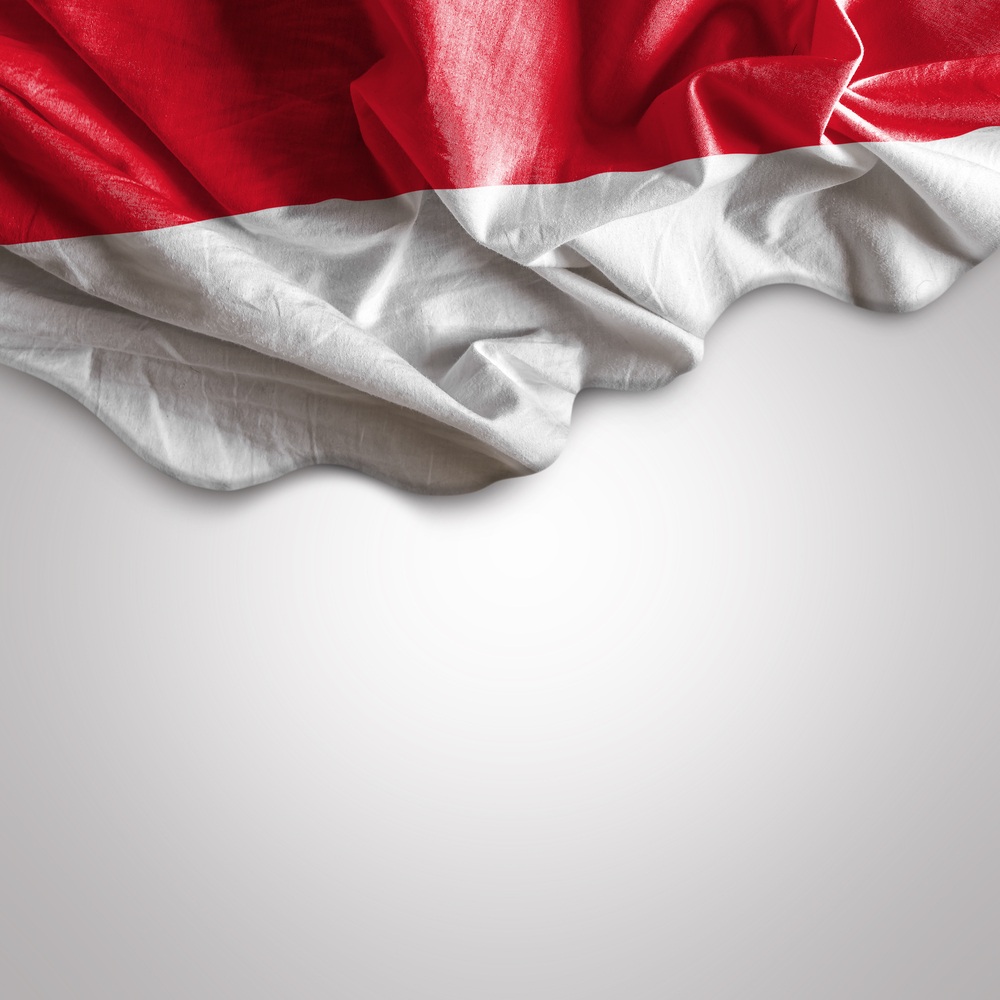Indonesia, the world's third-largest democracy and largest Muslim-majority nation, faces a crucial presidential election on February 14.With nearly 200 million people expected to vote, the nation's maritime significance is underscored, as it is the world's largest archipelagic state and the third-largest source of international seafarers. The presidential candidates, Joko Widodo (Jokowi), Prabowo Subianto, and Ganjar Pranowo, present diverse perspectives on maritime affairs.
Jokowi, the incumbent president, introduced the Global Maritime Fulcrum (GMF) concept, emphasizing maritime culture, resource conservation, infrastructure development, and defense capabilities. Prabowo, the current defense minister and leading candidate, focuses on continuity with Jokowi's projects, pledging to modernize the military and strengthen border areas. Despite maritime issues not dominating Prabowo's campaign, his background suggests an active stance on outward-looking affairs.
Ganjar, the former Central Java governor and another top contender, envisions an "Act Fast to Create a Just and Sustainable Maritime Nation." He emphasizes improving infrastructure, supporting marine industries, and modernizing the national defense system. While Ganjar's maritime messaging is ambitious, specific international maritime issues receive limited attention.
Anies Baswedan, the third candidate, emphasizes Indonesia's role as a regional power in the Indo-Pacific. He plans to strengthen the Navy, transform the Air Force, and address non-state threats through multilateral cooperation. Anies' foreign policy speech reflects an outward-looking ambition, criticizing transactional foreign policies and advocating values-based diplomacy.
The candidates' priorities were discussed in a presidential debate focusing on defense and international relations. Prabowo emphasized modernizing weapon systems, Ganjar focused on strengths and adaptation to advanced defense technology, while Anies highlighted soft power instruments and criticized defense budget allocations.

International observers are keen on understanding how each candidate plans to wield national power in response to international challenges. While the candidates articulate broad visions, specific strategies to balance national interests with regional concerns and global engagement remain crucial. Despite differences, pragmatism is expected to prevail, with the winner likely to offer trades and navigate domestic and foreign policies in a nuanced manner. The outcome will determine Indonesia's trajectory in the maritime domain, impacting global maritime dynamic.





